12 Shark Tank Pitches That Turned Into Full-Blown Empires
Shark Tank has given birth to some of the most innovative and successful businesses of the last decade. Since its debut in 2009, entrepreneurs from all walks of life have pitched their ideas in the hopes of securing a deal with the show’s powerhouse investors. While many products have come and gone, these select few have gone on to lead their respective industries.
Bombas
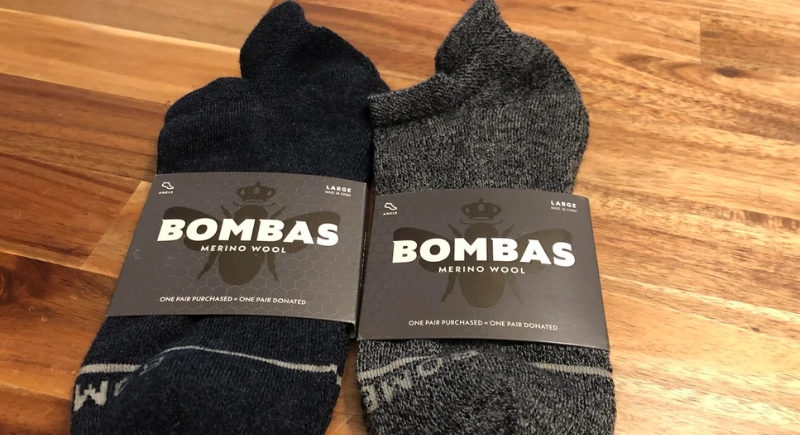
Credit: Reddit
When Bombas founders David Heath and Randy Goldberg pitched their one-for-one donation sock company in 2014, the apparel sector wasn’t ready for what was coming. Their business grew into an essential part of social entrepreneurship. Beyond socks, the brand expanded into underwear and loungewear, all while maintaining its charitable model. They continue to thrive with millions of donated items and loyal customers.
Scrub Daddy
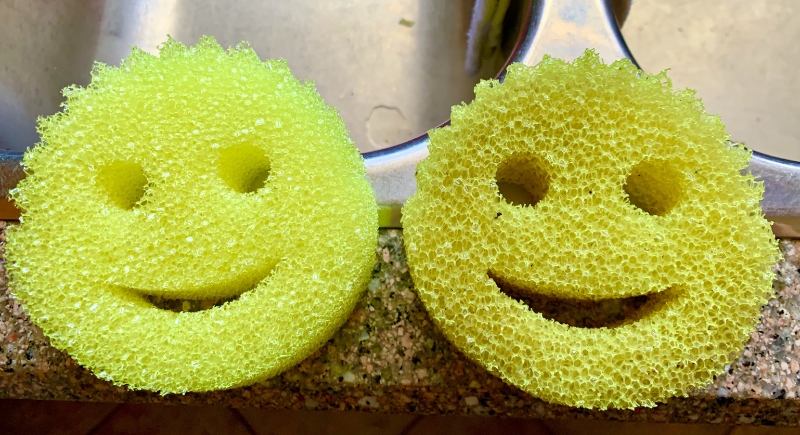
Credit: Wikimedia Commons
With its innovative design that changes texture in different water temperatures, Aaron Krause’s Scrub Daddy flipped the cleaning industry on its head. First pitched in 2012, it became a product that flew off the shelves, and the company expanded into various cleaning tools. Its simple yet effective design remains a household staple.
EverlyWell
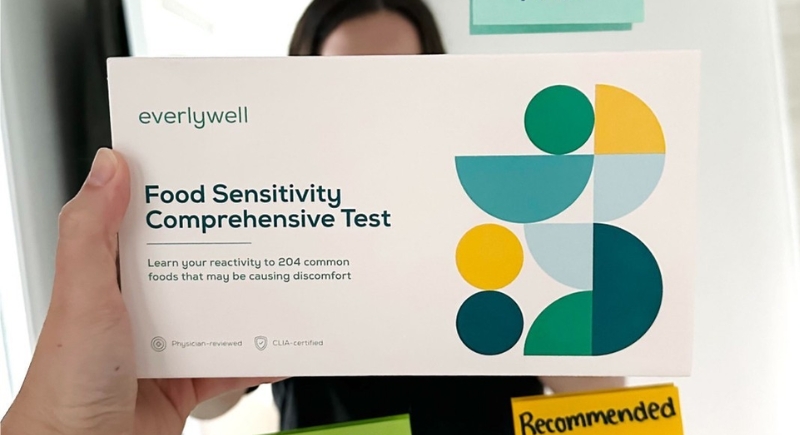
Credit: Instagram
Julia Cheek’s idea for at-home lab testing took off when she appeared on Shark Tank in 2017. EverlyWell offers an array of tests from vitamin levels to food sensitivities. The company now leads the telehealth movement by combining digital convenience with reliable results.
LovePop
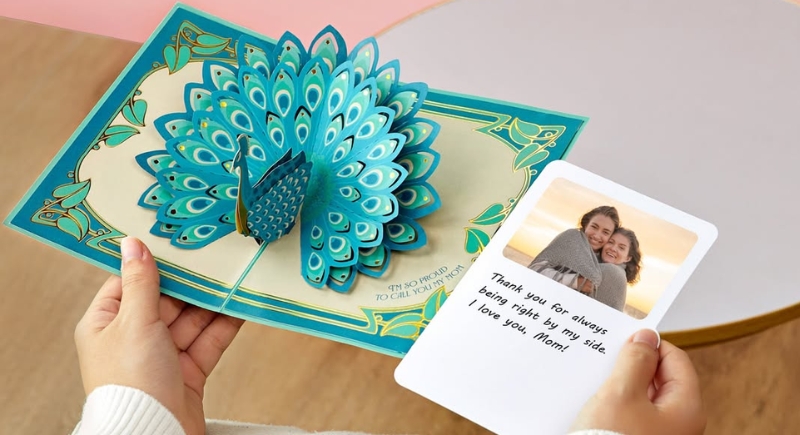
Credit: Instagram
LovePop, with its intricate 3D pop-up greeting cards, created a new category in traditional cards. After coming up on Shark Tank in 2015, the company expanded into holiday designs and licensed partnerships with major franchises like Star Wars. LovePop turned into a multi-million dollar business, with cards now available worldwide.
Cousins Maine Lobster

Credit: Facebook
From a single food truck serving lobster rolls in Los Angeles to a nationwide franchise, Cousins Maine Lobster epitomizes Shark Tank’s ability to scale small businesses. Their commitment to authenticity and quality has made them a go-to destination for seafood lovers nationwide. The company grew exponentially after Barbara Corcoran’s investment.
PRx Performance
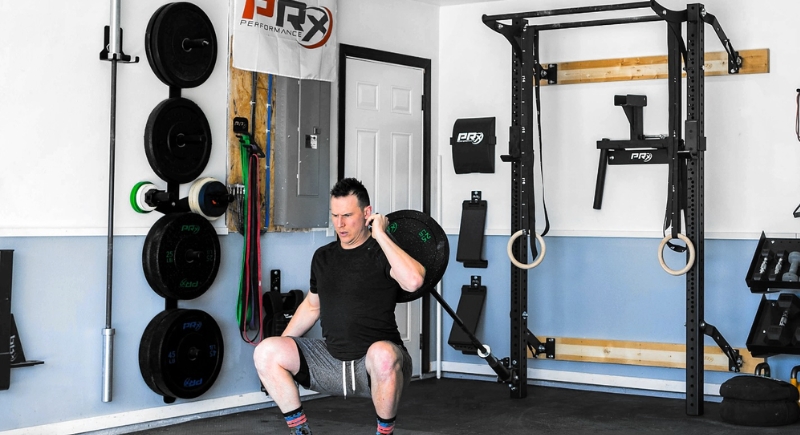
Credit: Instagram
PRx Performance’s innovative, wall-mounted squat racks and gym gear gained rapid popularity after its Shark Tank debut in 2016. The company specializes in space-saving, high-quality equipment for home fitness enthusiasts. The demand for home gym solutions during the pandemic helped push their revenue to new heights.
Squatty Potty
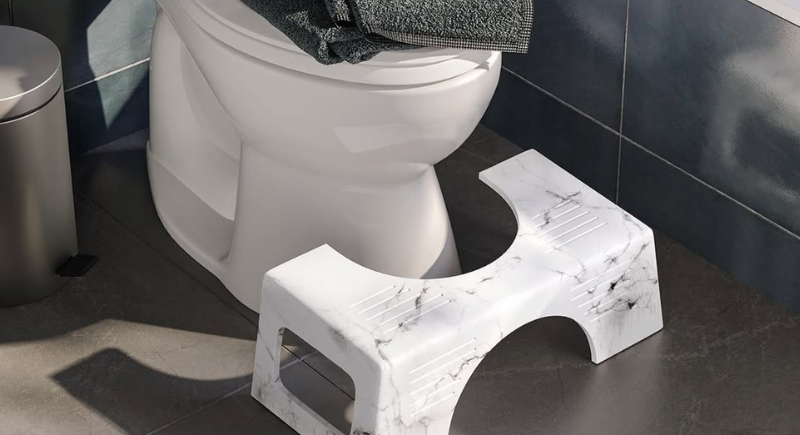
Credit: Instagram
Squatty Potty, a simple yet effective solution to improve bathroom posture, became a viral sensation after its 2014 pitch. The brand’s quirky marketing campaign, featuring a rainbow-pooping unicorn, made the product unforgettable. The company expanded into other bathroom products and continues to disrupt the personal care industry with its humorous and functional approach to health.
The Comfy
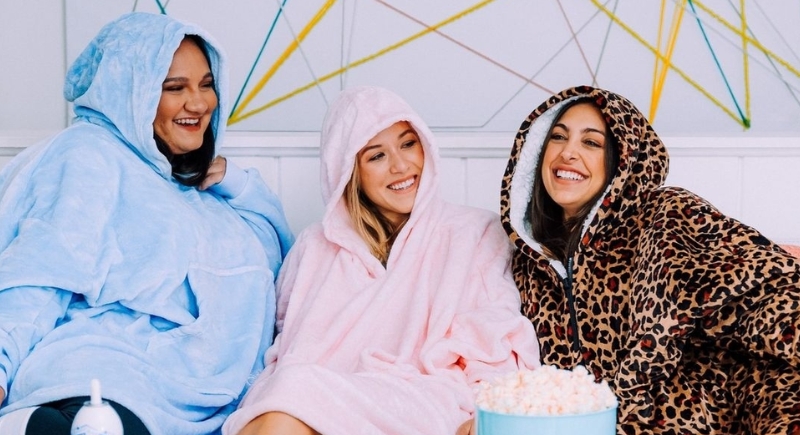
Credit: Instagram
The Comfy is a blanket-hoodie hybrid that entered the market as the ultimate cozy solution. Barbara Corcoran’s investment helped the brothers behind the product scale quickly, primarily through QVC and social media campaigns. By 2023, The Comfy had become a holiday gift sensation, with sales reaching millions.
DUDE Wipes
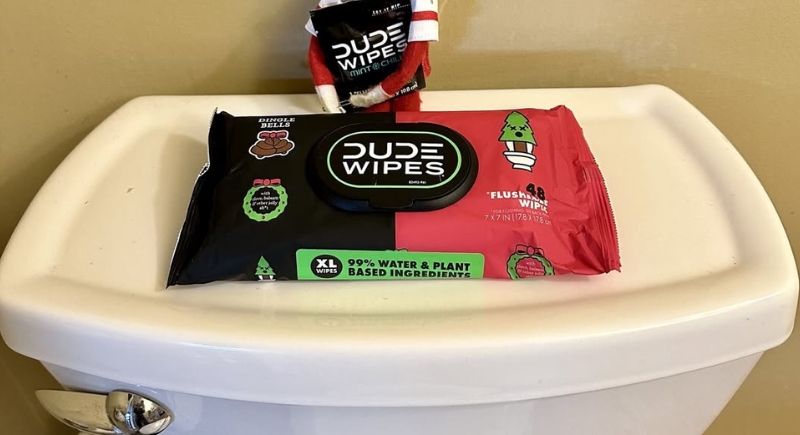
Credit: Instagram
Initially aimed at men’s hygiene, DUDE Wipes became a mainstream success with its humorous, no-nonsense approach to personal care. The product’s edgy marketing, combined with Mark Cuban’s backing, led to a surge in popularity. Now, as a multi-million dollar brand, DUDE Wipes continues to expand into a vastly underserved market.
Blueland
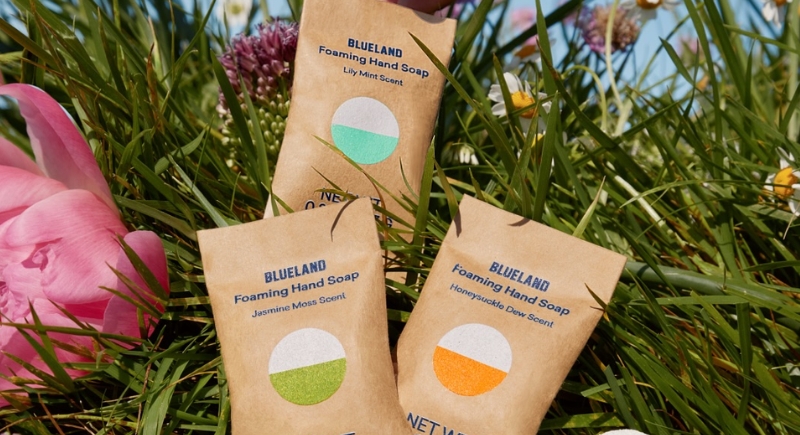
Credit: Instagram
Blueland’s mission to reduce plastic waste disrupted the cleaning industry. Their dissolvable cleaning tablets and refillable bottles make it easier for households to embrace eco-friendly cleaning solutions. Kevin O’Leary’s investment in 2019 helped expand their product line and reach a wider audience. By 2023, Blueland had solidified its place as a leader in the sustainable home goods market.
FurZapper
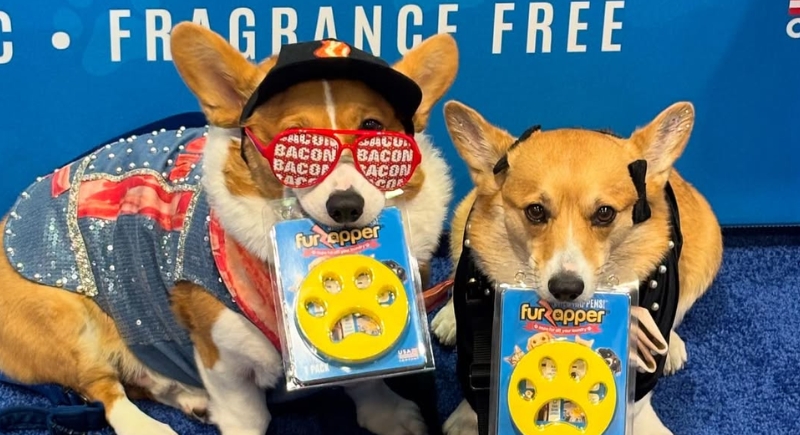
Credit: Instagram
FurZapper solved the problem of pet hair on clothes with a small silicone disc that separates pet hair during laundry cycles. It was a simple solution to an everyday problem, and it disrupted an entire product category in the cleaning and pet care industry. After Shark Tank, the company’s sales skyrocketed, with millions of units sold globally.
Tipsy Elves

Credit: Instagram
Tipsy Elves turned the “ugly sweater” trend into a year-round success with its quirky and humorous holiday apparel. After securing an investment from Robert Herjavec in 2013, the company expanded into other seasonal categories, from Halloween to St. Patrick’s Day. Today, it’s known for its fun, collectible clothing, which continues to perform well both online and in brick-and-mortar retail spaces.
PhoneSoap
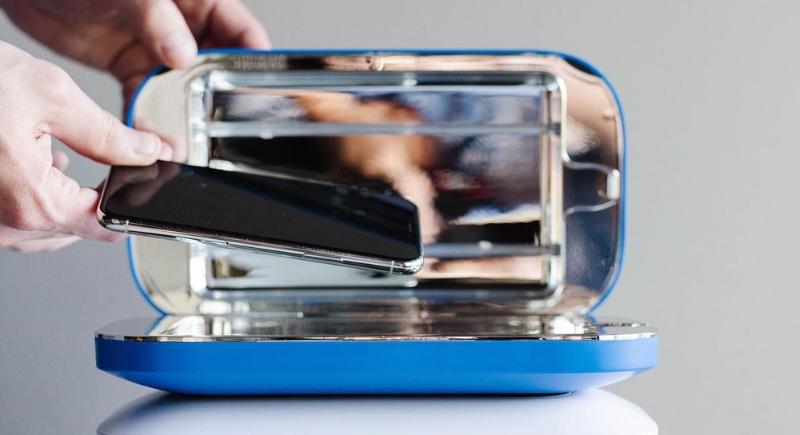
Credit: Instagram
PhoneSoap capitalized on a growing consumer awareness of hygiene and cleanliness, particularly during the pandemic. Their UV-powered phone sanitizers took off after appearing on Shark Tank in 2015, and the product quickly became a go-to solution. By 2023, PhoneSoap had expanded its product line.
Ring Doorbell
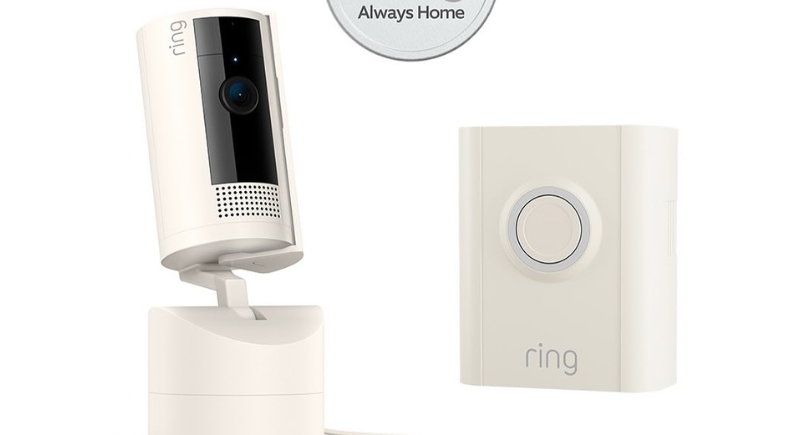
Credit: Instagram
When Jamie Siminoff pitched Doorbot (later renamed Ring) in Season 5, the pitch didn’t initially result in a deal. However, the exposure helped the company gain traction, and it caught the attention of investors. In 2018, Amazon acquired Ring for over $1 billion. The company is currently a leader in home security, with millions of devices sold globally.
Boarderie
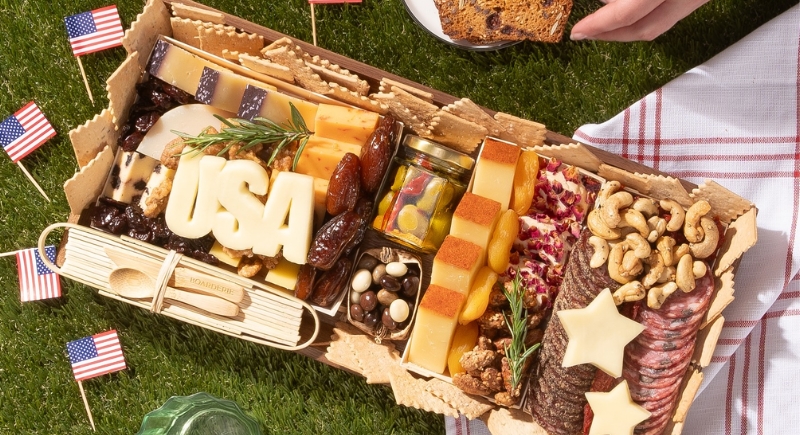
Credit: Instagram
Boarderie offers premium artisanal cheese boards by delivering gourmet experiences directly to consumers’ doors. In 2020, founders Aaron Menitoff and Rachel Solomon pitched their company on Shark Tank, where they received investment from Lori Greiner. The business saw significant growth post-show, eventually reaching $70 million in annual revenue.